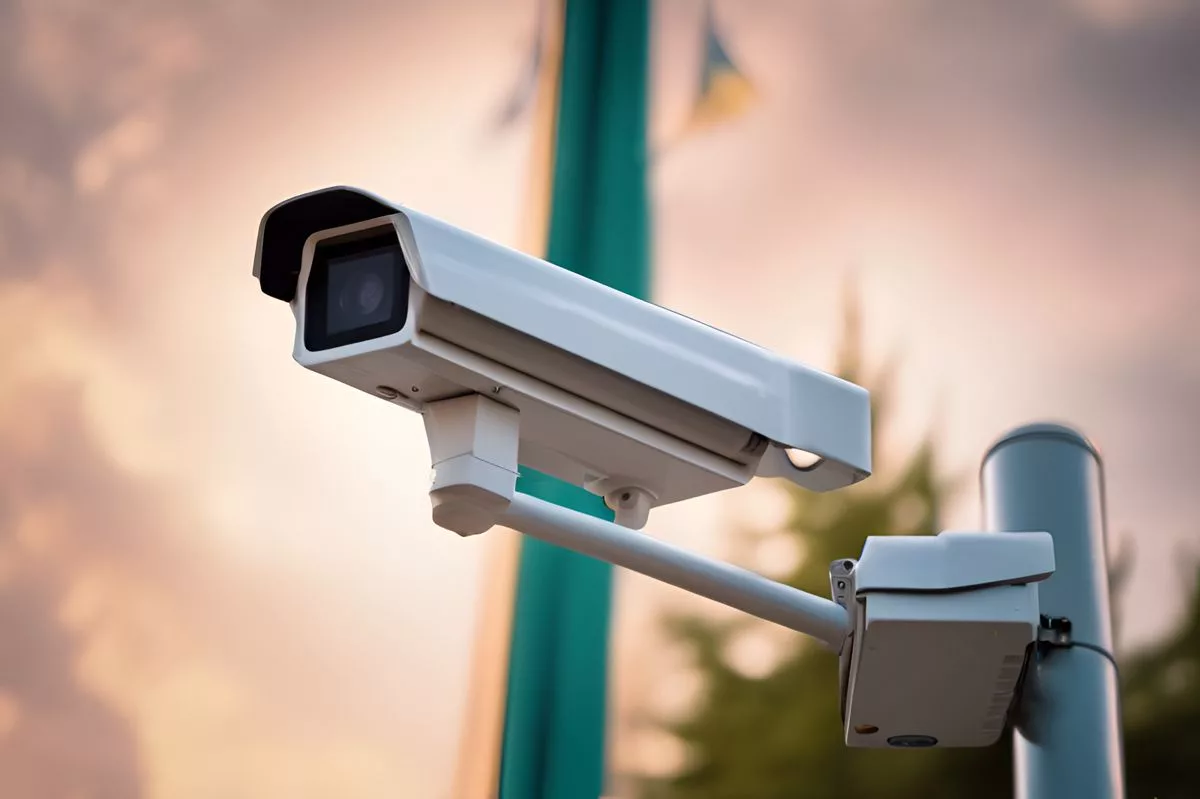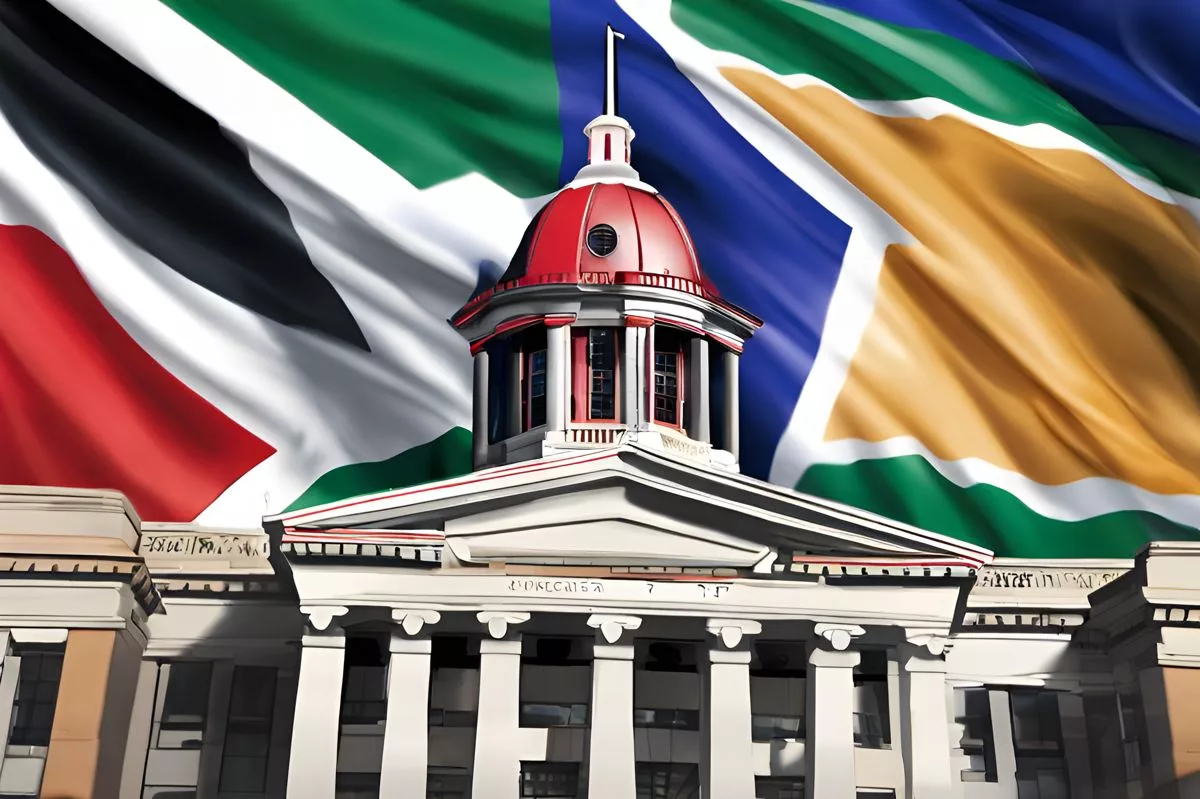Prince Harry is embroiled in a legal battle with the British government over their refusal to grant him taxpayer-funded security. Despite a setback in court, Prince Harry’s legal team is determined to challenge the decision, arguing for a “fair and lawful application of RAVEC’s own rules.” His struggle highlights the difficulties that high-profile individuals face in securing personal protection and underscores the tension between public responsibilities and private life. Nevertheless, Prince Harry’s determination is a testament to his fortitude and resolve.
What is Prince Harry’s legal struggle over security provisions?
Prince Harry is currently in a legal battle against the British Government’s refusal to grant him taxpayer-funded security. His appeal against the Home Office’s 2020 decision to revoke his entitlement to equal protective services was dismissed by the court. The Duke’s legal team declared their intent to contest the decision, arguing that he desires a “fair and lawful application of RAVEC’s own rules.”
Setback in Legal Battle
Prince Harry, the Duke of Sussex, has encountered a roadblock in his ongoing courtroom clash against the British Government’s refusal to grant him taxpayer-funded security. His appeal against the Home Office’s 2020 decision to revoke his entitlement to equal protective services was dismissed by the court. Nevertheless, the Duke remains determined to challenge this outcome.
The genesis of this discord dates back to February 2020, when Prince Harry, along with his spouse Meghan Markle, moved to the United States following their departure from royal responsibilities. This decision was met with an unexpected response from the British government: a refusal to extend the same level of police safeguards typically offered to members of the Royal Family. Instead, the couple’s security status would be evaluated on an individual basis, similar to the treatment of other high-profile personalities visiting the UK.
Challenging the Decision
Prince Harry’s legal representatives were less than pleased with this resolution, and they promptly took the matter to court. They argued that the Duke was being unfairly targeted and discriminated against in the modified security framework, especially given the significant security risks he was exposed to.
In December 2023, court proceedings unfolded, albeit with disappointing results for Prince Harry. The court concluded that the British government’s decision to alter the Duke’s security arrangements was legitimate. Undaunted by this ruling, Prince Harry’s legal team declared their intent to contest the decision. Their argument is grounded in the belief that the Duke desires not preferential treatment, but a “fair and lawful application of RAVEC’s own rules.”
The Duke’s lawyers argue that their client should receive the “same consideration as others in accordance with RAVEC’s own written policy,” underlining the perceived unfairness in Prince Harry’s publicly-funded security protection arrangements.
Government’s Satisfaction and Prince Harry’s Determination
Following the ruling, a Home Office representative conveyed the government’s approval of the decision. The spokesperson asserted the government’s protective security system’s strength and balance, maintaining that their long-standing policy is to withhold specific details on the arrangements to ensure their integrity and the security of individuals.
This ongoing legal feud between Prince Harry and the British government underscores the intricate and frequently contentious relationship between the monarchy and governmental entities. It serves as a clear illustration of the difficulties that can arise when an individual born into royalty attempts to forge their own path.
Prince Harry’s struggle extends beyond a mere court case; it also represents a fight for personal independence and security in a world that continually scrutinizes him through the prism of his royal lineage. His endeavor to carve a life outside of his inherited role while weaving through the complex maze of governmental policy and public expectation is a testament to his fortitude and resolve.
Implications and Broader Context
As this situation continues to evolve, Prince Harry’s pursuit of justice in his security arrangements shines a spotlight on the difficulties high-profile individuals face in securing personal protection. His case offers a window into the tension between public responsibilities and private life – a delicate equilibrium that is often challenging to achieve, particularly for those in the public eye. His story, while specific to him, echoes in the broader discourse on privacy, security, and the intricate dance between personal and public life.
1. What is Prince Harry’s legal struggle over?
Prince Harry’s legal struggle is over the British government’s refusal to grant him taxpayer-funded security, which they revoked in 2020.
2. What is the status of Prince Harry’s legal battle?
Prince Harry’s appeal against the Home Office’s decision to revoke his entitlement to equal protective services was dismissed by the court in December 2020. However, his legal team remains determined to challenge the decision.
3. What is Prince Harry’s legal team arguing for?
Prince Harry’s legal team is arguing for a “fair and lawful application of RAVEC’s own rules” and that he should receive the same consideration as other individuals in accordance with RAVEC’s own written policy.
4. What does the government say about their decision?
A Home Office representative conveyed the government’s satisfaction with the court’s decision, asserting that their long-standing policy is to withhold specific details on security arrangements to ensure their integrity and the security of individuals.
5. What does Prince Harry’s struggle highlight?
Prince Harry’s struggle highlights the difficulties that high-profile individuals face in securing personal protection and underscores the tension between public responsibilities and private life.
6. What is the broader context of Prince Harry’s legal battle?
Prince Harry’s legal battle speaks to the broader discourse on privacy, security, and the intricate dance between personal and public life. It underscores the challenges of achieving a delicate equilibrium for individuals in the public eye.












